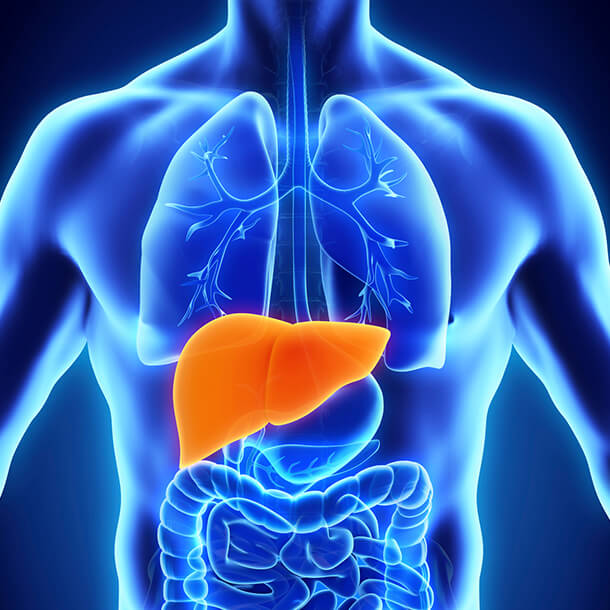
Chronic inactive hepatitis B: what it is and what it means
What does it mean to be an ‘inactive hepatitis B carrier’? What implications does this condition have for the patient’s life and for cancer?
Chronic inactive hepatitis B: what it means
The condition of asymptomatic hepatitis B virus infection is now more correctly defined as ‘inactive carrier status’.
Although these individuals are chronic carriers of the B virus infection, they do not show signs of active disease.
This means that these people have the viral infection, but their blood test values (transaminase tests, in this case) are consistently normal and do not show the typical signs of hepatitis.
This condition is thought to be the result of constant monitoring of viral activity by the infected person’s immune system and carries a very low risk of developing cirrhosis or liver cancer.
Screening in case of chronic inactive hepatitis virus
Although most inactive carriers remain permanently in this state, there is a small percentage of individuals who may change their status to active infection.
For this reason, it is important that the person with asymptomatic hepatitis B undergoes regular checks of transaminases and the virus concentration in the blood (i.e. viremia).
Treatment of chronic inactive hepatitis in case of cancer
It is also important to bear in mind that in the case of chronic intake of therapies such as those for oncohaematological diseases, cortisone or other immunosuppressive drugs, the viral infection can reactivate, in some cases even with pictures of real acute hepatitis.
In order to prevent the infection from flaring up again, inactive carriers should, under the strict supervision of their specialist, take antiviral drugs for a prolonged period (even several months) in addition to the immunosuppressive drug.
Read Also:
Acute Hepatitis And Kidney Injury Due To Energy Drink Consuption: Case Report
The Different Types Of Hepatitis: Prevention And Treatment



